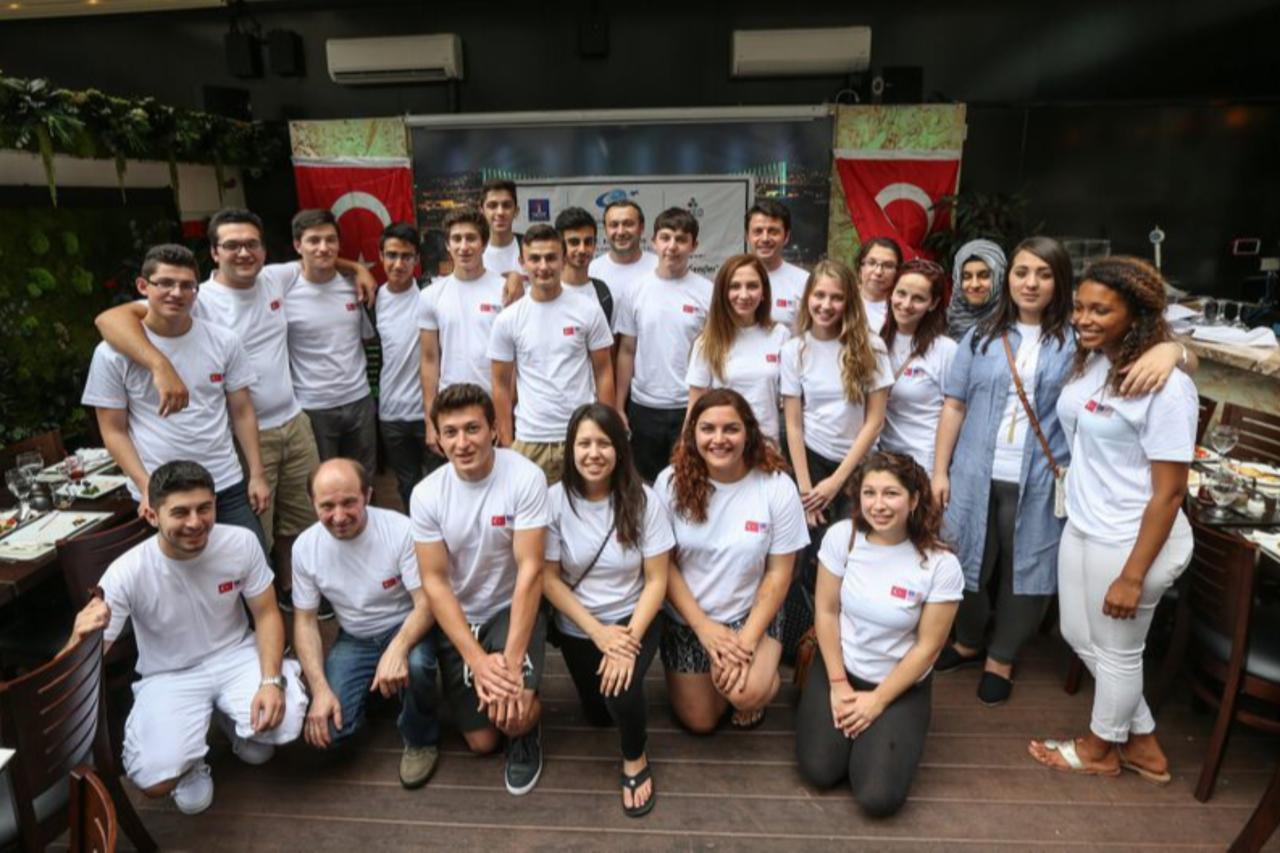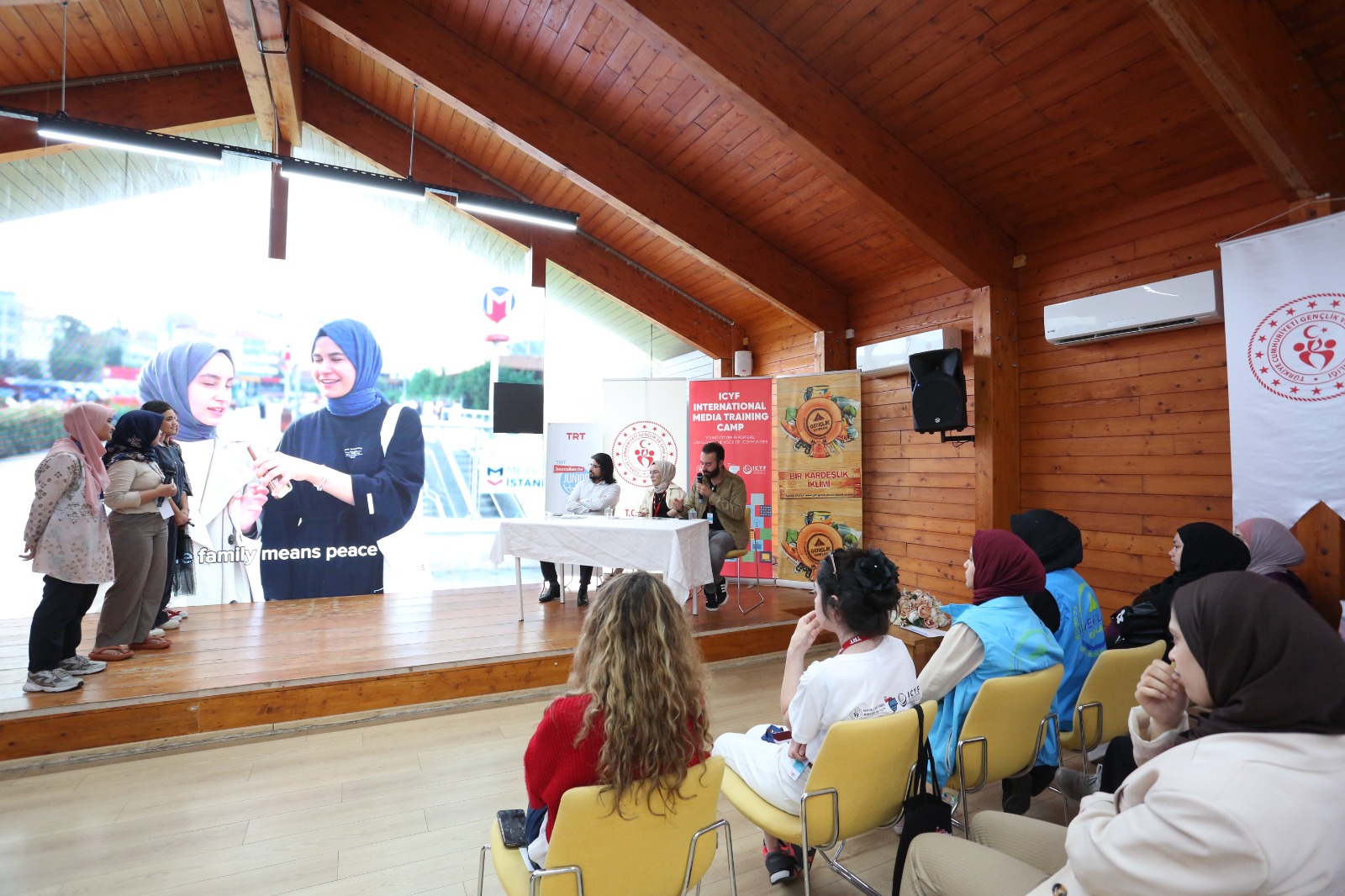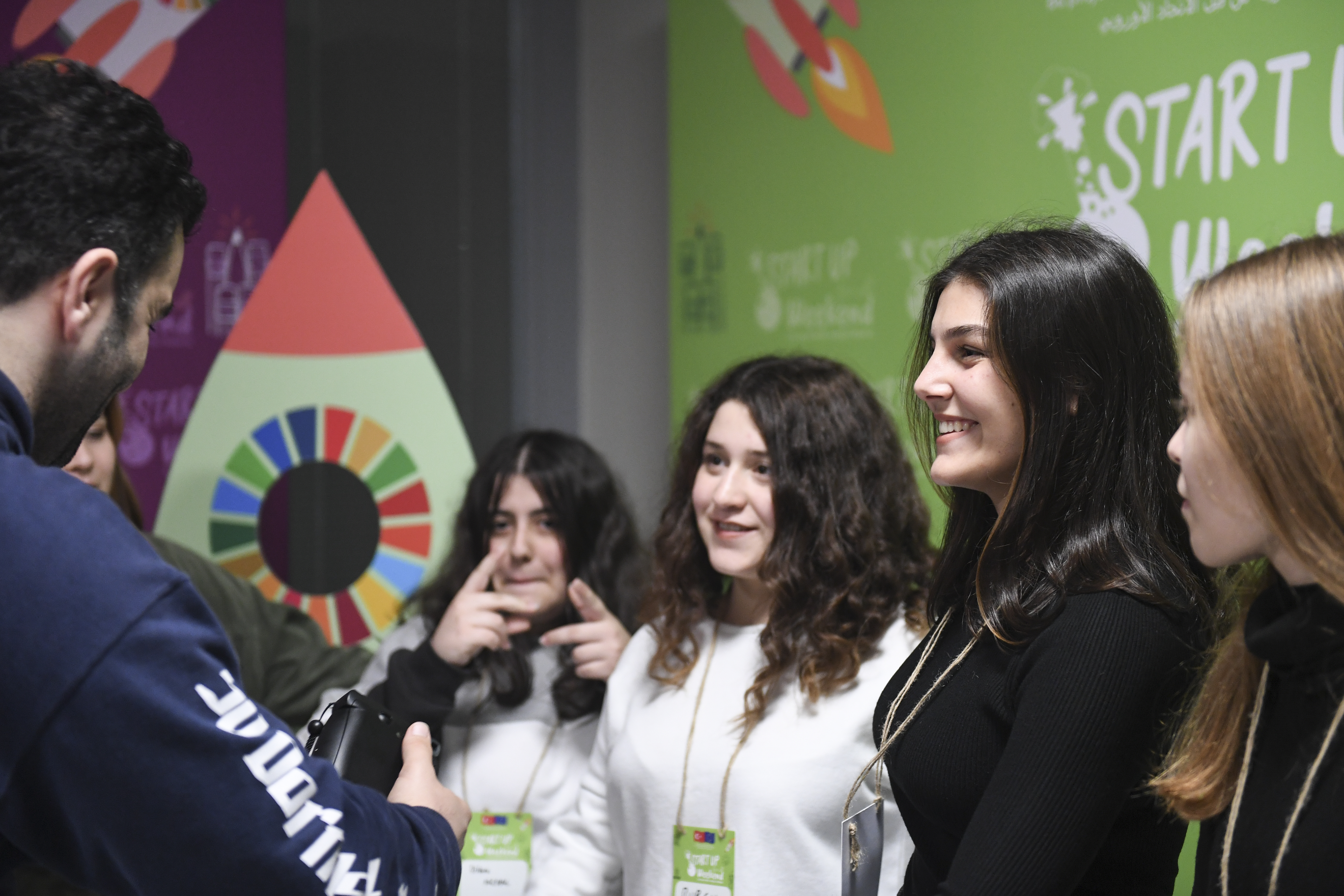
Imagine trying to change society with no office, no paid staff, and no ongoing projects. That's the reality for a staggering number of Türkiye's youth organizations, and it explains why half of them are watching their volunteer numbers dwindle year after year.
The challenges faced by Türkiye’s youth organizations mirror broader trends in the country’s civil society: recurring cycles of institutional change and incapacity to institutionalize, difficulties in appealing to and sustaining volunteer motivation, and a struggle to bridge local work with global networks.
A new joint report by the Youth Organizations Forum (GOFOR) and polling firm KONDA paints a sobering picture of Türkiye’s youth civil society. Released this year, the Needs Analysis of Youth Organizations in Türkiye examines a field that is gaining urgency amid overlapping political, economic, and social crises, but remains structurally underdeveloped.
The data paints a picture of a sector still finding its footing. Seventy-two percent of Türkiye's youth organizations have operated for less than a decade, underscoring the relative immaturity of the country's youth civil society landscape.
This institutional youth, unfortunately, reflects broader patterns in Turkish civil society, where organizational paradigms shift roughly every ten years, preventing the development of stable, sustainable structures.
The organizational infrastructure remains precarious: 59% of these groups operate without professional staff, while 28% lack basic physical office space.
The financial picture is even more stark: 58% identify budget shortfalls as their primary obstacle, and half of all youth organizations currently run no active projects.
This resource scarcity has created a dependency trap as 61% rely on grant funding for survival, yet only 19% successfully access public resources.
The result is a civil society ecosystem that operates in a state of constant uncertainty, unable to plan beyond the next funding cycle.

Türkiye's youth organizations demonstrate a pronounced inward focus that may be limiting their effectiveness. While 67% operate at the national level, only 8% maintain membership in international networks, drawing a striking contrast to their European counterparts, who benefit from extensive cross-border collaboration.
This isolation extends to local partnerships as well. Just 41% maintain working relationships with local governments, a particularly concerning gap given that 35% of these organizations operate in rural areas where municipal cooperation can be essential for reaching underserved communities.
The disconnect from international networks represents more than just missed opportunities for funding or exchange programs. Civil society fundamentally operates through human relationships and networked connections.
When organizations remain isolated from diverse network centers, they lose essential characteristics that define effective civil society engagement. Groups lacking community connections and a sense of belonging often experience rapid motivation decline.
Perhaps most troubling is the human capital crisis. Fifty-four percent of youth organizations report declining volunteer numbers over the past two years, threatening the operational foundation of groups that depend heavily on unpaid contributions.
This trend occurs despite widespread adoption of digital communication tools, with 82% of organizations actively using online platforms.
The volunteer shortage coincides with broader challenges in youth outreach. More than half of organizations report difficulties connecting with their target demographic, youth, which is a paradox in an era when even brands routinely compromise their institutional presentations to engage younger audiences effectively.

Despite operational challenges, Turkish youth organizations maintain diverse programmatic focuses that reflect contemporary and global social priorities.
Around 39% engage in gender equality work, while 26% focus on environmental and climate crisis initiatives.
Notably, 31% implement programs specifically designed to encourage participation from young people with disabilities, or with a special attention to inclusive practices, even within resource-constrained environments.
The political environment adds another layer of complexity, as it historically does in the country. A majority of youth organizations—52%—view political pressure and regulatory barriers as significant operational risks.
Space constraints affect 37% of groups, while political polarization and austerity measures have strained relationships with local governments.
These pressures manifest in specific areas of concern. Organizations identify freedom of expression, housing rights and freedom of association as the most restricted youth rights in the current environment. The constraints of this type not only limit operational capacity but can also discourage sponsorships to community engagement.
Meanwhile, 48% of organizations lack experience in international grant application processes, further limiting their ability to diversify funding sources and reduce dependence on domestic resources that may be subject to political influence.

Beyond funding, language proficiency is a recurring hurdle to building international ties. While financial constraints are often blamed, the report underscores that digital tools could offer low-cost entry points into global networks. Many groups still overlook these avenues, focusing their limited resources inward.
Opportunities for international exchange are also being approached narrowly, with attention skewed toward Europe. There must also be an emphasis that peers in the Middle East and other neighbouring regions could be equally valuable partners, both as sources of ideas and as platforms for Turkish youth to contribute.
For Türkiye's democracy and social development, the stakes are considerable. Youth organizations serve as crucial intermediaries between young citizens and formal institutions, providing pathways for civic engagement that can shape the country's political and social future.
The findings point to a sector still in search of institutional stability and global relevance. Without investment in skills, networks, and diversified funding, Türkiye’s youth organizations risk remaining insular at a time when cross-border collaboration is increasingly central to addressing the challenges young people face.